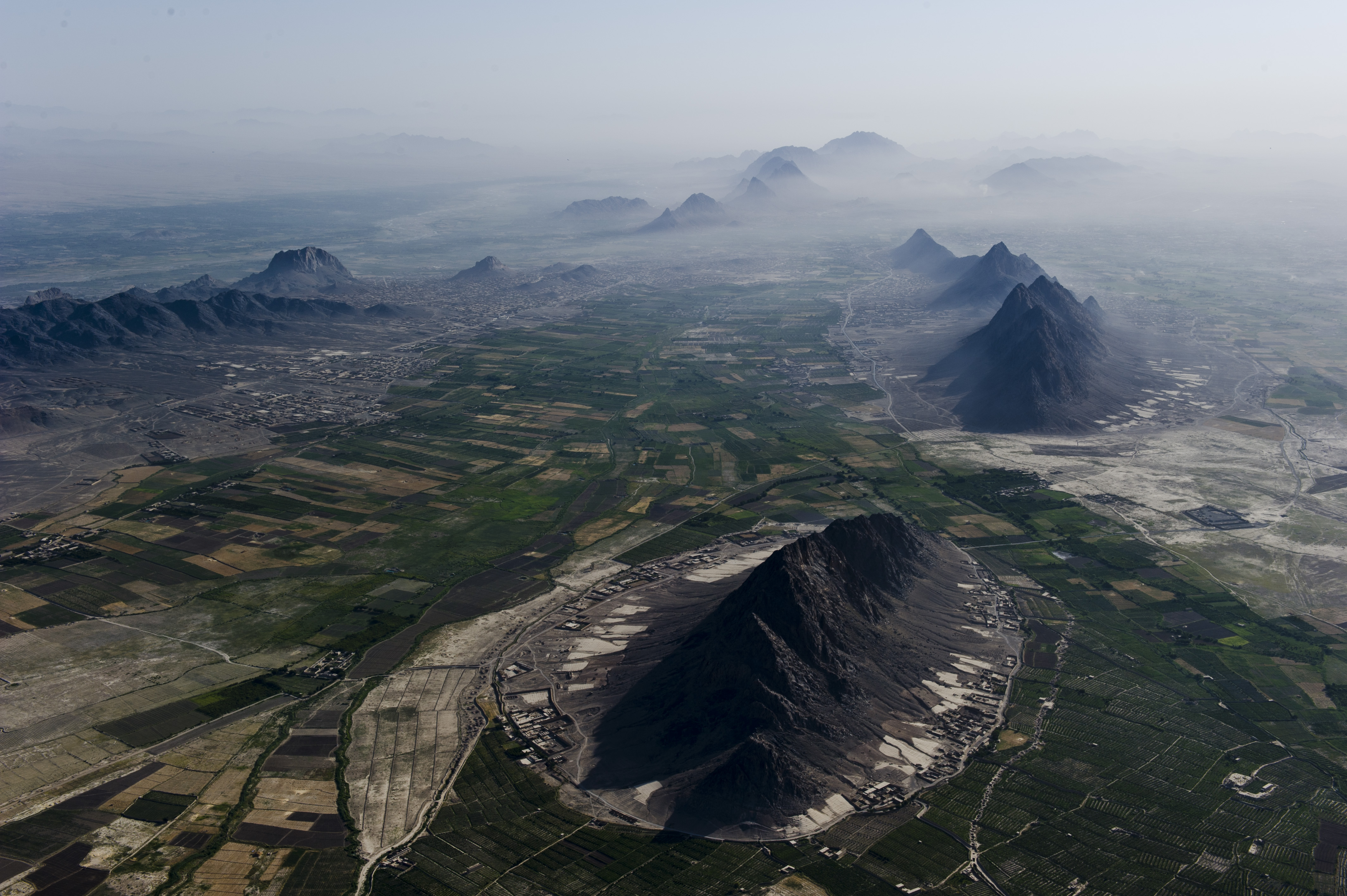
The discovery of the tunnel, which allowed militants to infiltrate from Pakistan into Indian territory undetected, marks a significant development in the security landscape. This is the latest in a string of attacks and infiltration attempts facilitated by Pakistan-based terror groups in Jammu, an area increasingly targeted following the abrogation of Article 370. The attackers, supported by sophisticated underground routes and aided by local recruits, pose a persistent threat, with LeT at the center of this rising violence.
Officials have reported that the strategic shift by terror groups towards Jammu is designed to exploit the region's complex geography, where the dense forest cover and rugged terrain create blind spots for security monitoring. In this backdrop, the LeT has been actively recruiting locals to act as guides and logisticians for infiltrators. These local recruits, often provided financial incentives or coerced through intimidation, have been instrumental in the movement and concealment of arms and explosives, especially in districts like Rajouri and Poonch.
The attacks in Jammu are also seen as an effort by Pakistan-based groups to disrupt the political process, particularly the long-delayed assembly elections. With increased terror activity, officials express concern that militant groups aim to create instability and undermine the legitimacy of democratic processes in the Union Territory. Despite the continuous efforts of security forces, including the Jammu and Kashmir Police and Indian Army, controlling the movement of militants across the porous LoC remains a significant challenge.
In an operation in Rajouri district, the Special Operations Group of the Jammu and Kashmir Police apprehended three individuals suspected of being part of a local LeT module. The group was reportedly involved in facilitating the movement of militants and arms through the tunnel uncovered in Kathua district. Intelligence reports indicate that these individuals were also tasked with recruiting local youth, especially in rural areas, for logistical support. The increased focus on targeting soft civilian targets and outposts reflects LeT’s broader strategy of destabilizing security in the region.
Rajouri and Poonch districts, key areas for infiltration due to their proximity to the LoC, have seen heightened military activity. Security forces have established additional checkpoints and surveillance points along infiltration routes, particularly around known infiltration hubs. The underground tunnel network, likely constructed with sophisticated engineering, demonstrates the lengths to which these groups will go to evade border defenses, such as concertina wires and infrared detection systems.
Reports from intelligence sources suggest that the monsoon season provides a tactical advantage for militants, as heavy rains cause flooding along the LoC, disabling some of the surveillance equipment. Additionally, the discovery of drones being used to drop weapons across the border has added a new layer of complexity to counterterrorism efforts. These drones, coupled with the use of tunnels, create a multi-dimensional threat that is increasingly difficult to counter.
Security forces have also revised their Standard Operating Procedures (SOPs) to include deeper penetration into the forested areas of Rajouri and Poonch, which have historically served as safe havens for militants. These forested zones are now subject to combing operations by police and military teams, sometimes involving local civilians who have formed village defense committees. This community engagement has proven vital in several encounters where local knowledge has been crucial in tracking down militants hiding in remote locations.
Senior security officials have raised alarms about the involvement of hardened foreign militants, including those linked to Lashkar and Jaish-e-Mohammed (JeM). These groups, which have traditionally operated in the Kashmir Valley, have increasingly diverted their resources to Jammu, exploiting the relatively lighter security presence in this region. Experts point to the fact that LeT's operational model has evolved, now relying less on technology such as mobile phones, which can be intercepted, and more on manual and face-to-face communications with local operatives.
The tunnel infiltration and subsequent crackdown also highlight the role of Pakistan's security establishment in facilitating these operations. Intelligence reports indicate that the militants involved in the Kathua tunnel incident had received advanced training in handling explosives and guerrilla warfare tactics. The involvement of Pakistan’s intelligence agencies in providing logistical support to these groups further complicates the security dynamics, as cross-border infiltration continues to be a key element of their strategy.
